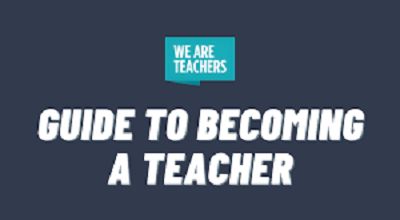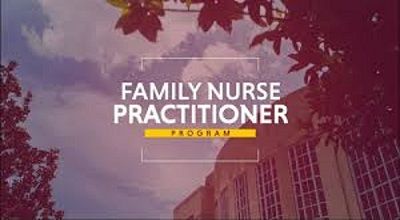Become a Teacher
Becoming a teacher in 2024 involves several key steps and requirements, which can vary slightly depending on whether you aim to be an elementary, high school, or specialized teacher. Here are some general guidelines:
- Educational Requirements: A bachelor’s degree is typically required to become a teacher. For elementary education, a degree in elementary education or a related field is common. High school teachers usually have a degree in education or in the specific subject they intend to teach, like mathematics, history, or English. Many regions also mandate completing a teacher preparation program, which includes coursework and fieldwork, such as student teaching internships.
- Certification and Licensing: To teach in public schools, obtaining a teaching certification or license for the state where you wish to work is necessary. This process often involves completing an accredited teacher education program, passing state-specific certification exams, and undergoing a background check. Some states might also require additional training, like technology courses or teaching English as a second language.
- Practical Experience: Gaining hands-on experience in a classroom setting is crucial. This can be through student teaching opportunities, substitute teaching positions, or volunteer work in schools. These experiences help in developing skills in lesson delivery, student assessment, and classroom management.
- Professional Development: The field of education constantly evolves with new research, technologies, and teaching strategies. Engaging in ongoing professional development through workshops, conferences, and additional coursework is important to stay current and effective in your teaching practice.
Read more…
- Building a Professional Network: Networking is vital in the education field. This can be done by joining professional organizations, attending educational conferences, and participating in online teacher communities.
- Specialization: You might consider specializing in a high-demand area like special education, STEM, or bilingual education. This can make you more marketable and provide more opportunities to impact students with specific needs.
- Alternative Routes: There are alternative pathways to becoming a teacher, especially for those who have a degree in a field other than education or are switching careers. Lateral entry programs, for instance, allow individuals to begin teaching under a provisional license while completing pedagogical training.
The journey to becoming a teacher requires dedication, resilience, and a passion for education. It’s a fulfilling career choice that offers the opportunity to make a significant impact on the lives of students. The time it typically takes to become a teacher varies, but it usually ranges from 4 to 6 years, including the time spent earning a bachelor’s degree and obtaining certification.
Required Education for Teacher
To become a teacher, specific educational qualifications are required, which may vary based on the level of education you intend to teach (e.g., elementary, middle, and high school) and your location. Here’s a general overview:
- Bachelor’s Degree: The foundational requirement for becoming a teacher is typically a bachelor’s degree. For elementary teachers, this is often a degree in elementary education. High school teachers usually have a degree in the subject they wish to teach, along with education courses.
- Teacher Preparation Program: Many regions require the completion of a teacher preparation program. These programs include both coursework and practical fieldwork components, such as student teaching internships, where you gain experience in a classroom under the supervision of an experienced teacher.
- Certification or Licensing: To teach in public schools, obtaining state-specific certification or licensure is mandatory. This process usually involves passing standardized exams that assess both subject-matter knowledge and teaching skills. The requirements can vary by state.
- Master’s Degree (Optional): Some educators choose to pursue a master’s degree in education or in their content area. While this is not always a requirement, it can provide a deeper understanding of teaching methodologies, curriculum development, and educational research. It may also lead to higher pay and advanced career opportunities.
More here…
- Continuing Education and Professional Development: Teachers are expected to engage in ongoing professional development. This can include attending workshops, conferences, and additional coursework. It helps teachers stay current with educational trends and pedagogical strategies.
- Specialized Certifications (Optional): Obtaining certifications in specialized areas like special education, ESL (English as a Second Language), or educational technology can enhance a teacher’s qualifications and open doors to nic roles.
- Alternative Certification Programs: For those with a bachelor’s degree in a field other than education or who are considering a career change, alternative certification programs offer a pathway into teaching. These programs allow you to fulfill educational requirements while possibly teaching at the same time.
The specific educational requirements can vary significantly depending on your geographical location and the specific requirements set by the state or country in which you wish to teach. It’s important to research the specific requirements for the region where you intend to teach.





